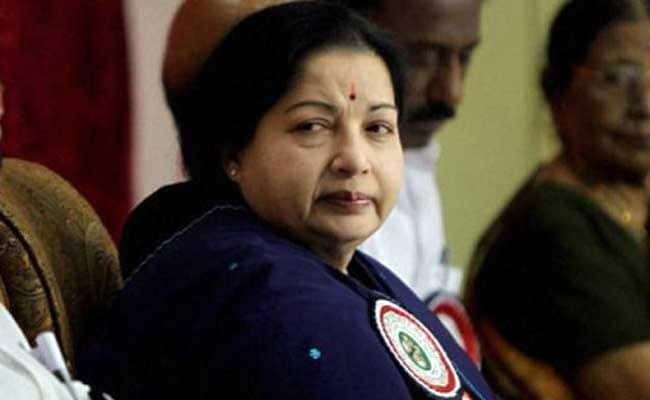
Tamil Nadu Chief Minister J Jayalalithaa had a cardiac arrest last evening at Chennai's Apollo Hospital, where she has spent over two months being treated for a serious respiratory illness.
Here, a doctor explains her condition based on the information available
A heart attack occurs when the blood flow to a part of the heart is blocked. This causes classic chest pain, ECG changes and other features seen in a heart attack. If not promptly treated, the area supplied by the artery dies. Doctors call it "a plumbing problem."
But in a cardiac arrest, which is what Jayalalithaa's doctors have reported, the heart stops beating suddenly and unexpectedly. It is triggered by an "electrical problem" in the heart. With the heart not pumping, there is a loss of blood flow to the brain, lungs, and other vital organs of the body.
A heart attack increases the risk of cardiac arrest. Other causes of cardiac arrest are thickened heart muscle, heart failure, electrolyte abnormalities and other abnormal heart rhythms.
Patients with sudden cardiac arrest require immediate CPR (Cardio Pulmonary Resuscitation) that includes chest compressions and supportive drugs till the body's internal rhythm stabilizes.
Some patients can make complete recovery after a cardiac arrest. The recovery is dependent on multiple factors like the baseline condition of the patient, the duration of CPR, the amount and duration of hypoxia.
The Chief Minister is now being treated with Extra Corporeal Membrane Oxygenation. ECMO, as it is commonly referred to, is a temporary mechanical support system used in patients with severely compromised heart and lung functions.
There are 2 main types of ECMO - VA or Venous-Arterial ECMO in patients with both respiratory and cardiac compromise, and V-V ECMO in patients with respiratory failure whose lung function is compromised.
Deoxygenated blood is withdrawn from the body via a cannula or thin tube inserted into a vein and passed through the circuit where the blood is oxygenated and then returned to the body using another cannula.
ECMO is used as a supportive mortality in patients where the disease process is reversible, those awaiting heart transplant or a long term cardiac assist device.
It is also used as a temporizing support in patients after a cardiac arrest while the cause of cardiac arrest is determined and treated.

